PEN Announces Finalists for Literary Awards
PEN American Center announced this morning the shortlist for its annual literary awards. PEN will award over $150,000 in prize money to emerging and established writers and translators. The winners will be announced on May 13 and honored in a ceremony at the New School in New York City on June 8.
The 2015 awards will be given in seventeen categories, including poetry, poetry in translation, debut fiction, biography, creative nonfiction, children’s literature, and sports writing; the shortlist and longlist of each award is available on PEN’s website. Below are the finalists for a select few prizes:
PEN/Robert W. Bingham Prize for Debut Fiction ($25,000): To an author whose debut work—a first novel or collection of short stories published in 2014—represents distinguished literary achievement and suggests great promise. The judges are Caroline Fraser, Katie Kitamura, Paul La Farge, and Victor La Valle.
Molly Antopol for The UnAmericans (Norton)
Cynthia Bond for Ruby (Hogarth)
Phil Klay for Redeployment (Penguin Press)
Jack Livings for The Dog (Farrar, Straus and Giroux)
Merritt Tierce for Love Me Back (Doubleday).
PEN/Diamonstein-Spielvogel Award for the Art of the Essay ($10,000): For an essay collection published in 2014 that exemplifies the dignity and esteem the essay form imparts to literature. The judges are Diane Johnson, Dahlia Lithwick, Vijay Seshadri, and Mark Slouka.
David Bromwich for Moral Imagination (Princeton University Press)
Ian Buruma for Theater of Cruelty (New York Review of Books)
Charles D’Ambrosio for Loitering (Tin House Books)
Leslie Jamison for The Empathy Exams (Graywolf Press
Angela Pelster for Limber (Sarabande Books)
PEN/John Kenneth Galbraith Award for Nonfiction ($10,000): To an author of a distinguished book of general nonfiction possessing notable literary merit and critical perspective and illuminating important contemporary issues which has been published in 2013 or 2014. The judges are Andrew Blechman, Paul Elie, Azadeh Moaveni, Rahna Reiko Rizzuto, and Paul Reyes.
Danielle Allen for Our Declaration (Liveright)
Mark Fainaru-Wada and Steve Fainaru for League of Denial (Crown Archetype)
Sheri Fink for Five Days at Memorial (Crown)
Jonathan M. Katz for The Big Truck That Went By (Palgrave Macmillan)
Naomi Klein for This Changes Everything (Simon & Schuster)
PEN Open Book Award ($5,000): For an exceptional book-length work of literature by an author of color published in 2014. The judges are R. Erica Doyle, W. Ralph Eubanks, and Chinelo Okparanta.
Rabih Alameddine for An Unnecessary Woman (Grove Press)
Teju Cole for Every Day Is for the Thief (Random House)
Roxane Gay for An Untamed State (Black Cat)
Claudia Rankine for Citizen: An American Lyric (Graywolf Press)
Samrat Upadhyay for The City Son (Soho Press)
PEN America Center has administered its literary prizes for nearly fifty years. Established in 1922, PEN works globally to defend free expression, support persecuted writers, and promote literary culture.






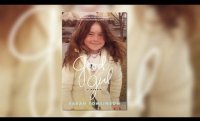
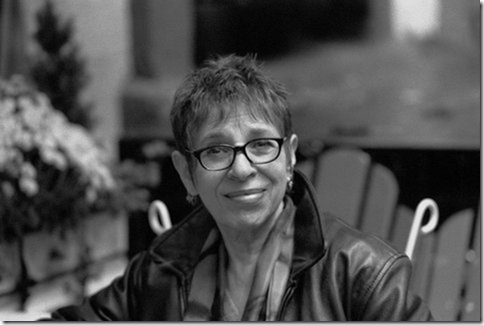
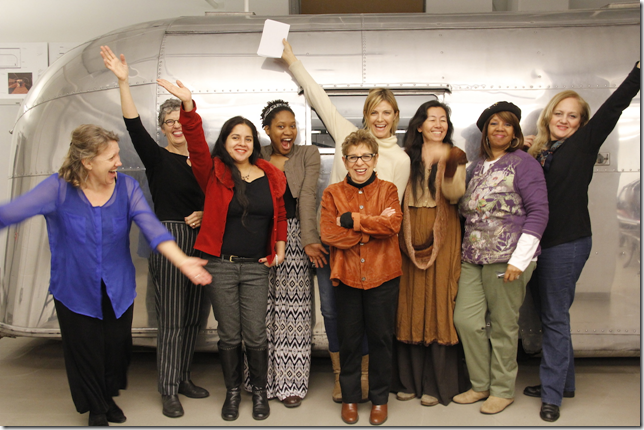
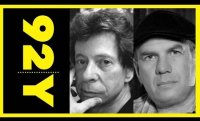
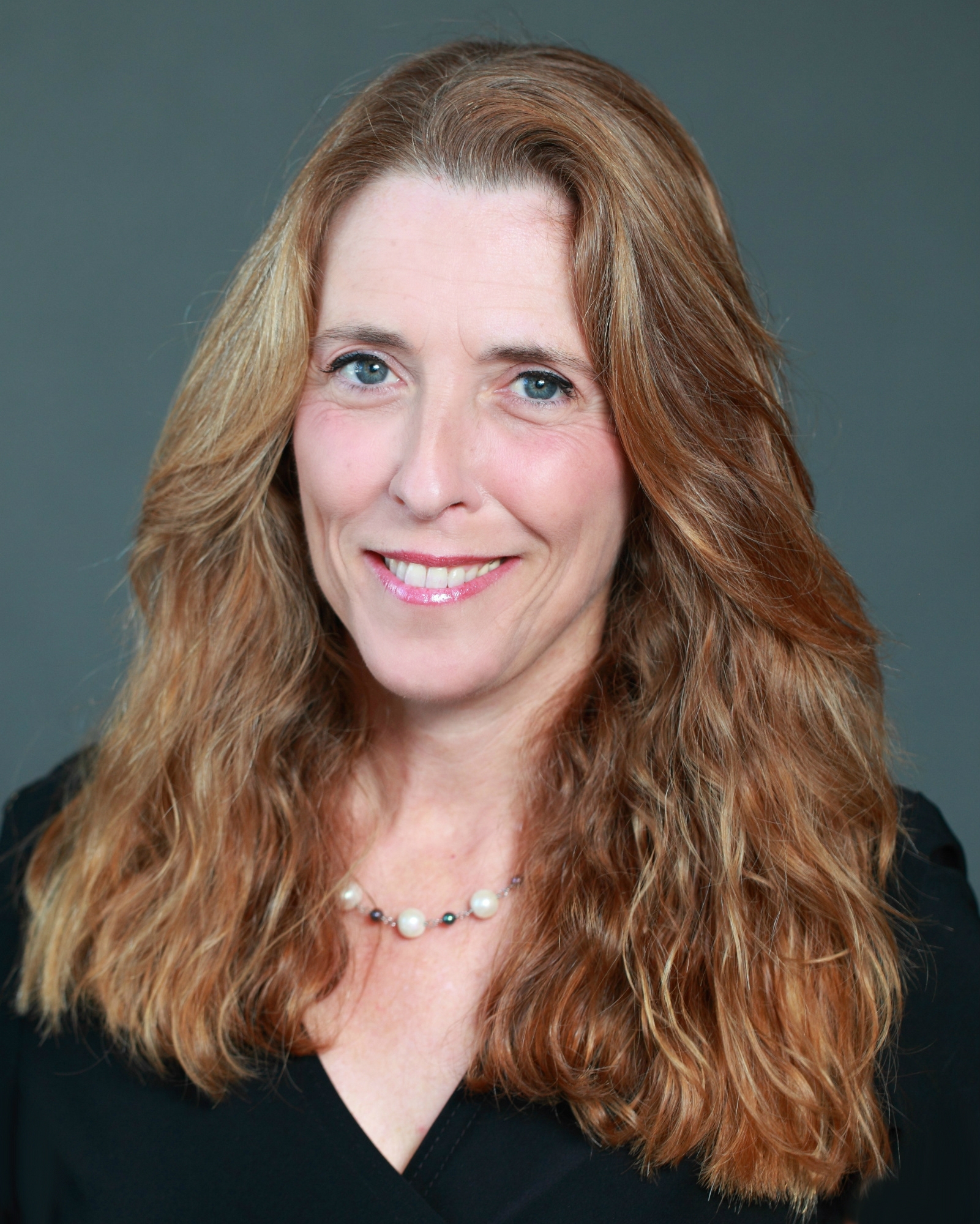 How do you prepare for a reading or workshop?
How do you prepare for a reading or workshop?